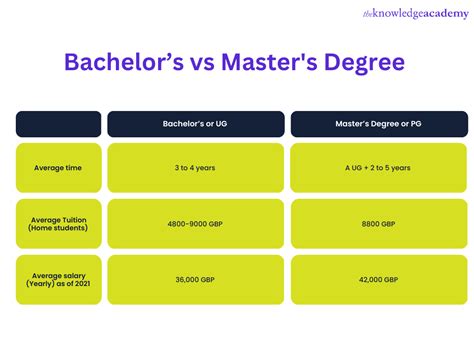Introduction
In the academic realm, the terms “BS” and “MS” are frequently encountered. However, their precise meanings and the key differences between them may not be immediately evident to all. This article delves into the BS MS meaning, providing a comprehensive guide to help individuals understand the academic landscape and make informed decisions about their educational pursuits.

BS Meaning
The abbreviation “BS” stands for Bachelor of Science. A Bachelor’s degree is the first undergraduate academic degree that typically takes four years to complete. It provides a solid foundation in a specific field of study, such as science, mathematics, engineering, or business.
Key Characteristics of a BS Degree:
- Requires approximately 120-150 semester credit hours of coursework
- Focused on developing fundamental knowledge and skills in the chosen field
- Emphasizes critical thinking, problem-solving, and analytical capabilities
- Prepares students for entry-level positions in their respective industries or for further education
MS Meaning
“MS” stands for Master of Science. A Master’s degree is a postgraduate academic degree that typically requires one to two years of full-time study to complete. It offers advanced knowledge and specialized skills in a particular field.
Key Characteristics of an MS Degree:
- Requires approximately 30-60 semester credit hours of coursework beyond the Bachelor’s degree
- Focuses on developing specialized knowledge and research skills in the chosen field
- Emphasizes advanced research methodologies, data analysis, and critical thinking
- Prepares students for advanced roles in industry, research, or academia
BS vs. MS: Key Differences
Duration: A BS degree takes four years to complete, while an MS typically requires one to two years of full-time study.
Level of Study: The BS degree is an undergraduate degree, while the MS degree is a postgraduate degree.
Focus: The BS degree provides a broad foundation in a field, while the MS degree offers specialized knowledge and advanced research skills.
Career Prospects: Entry-level positions in industry typically require a BS degree, while advanced roles often seek candidates with an MS degree or higher.
Applications of BS and MS Degrees
BS Degrees:
- Entry-level positions in science, technology, engineering, and business
- Foundation for further education and advanced degrees
- Preparation for professional certification and licensing
MS Degrees:
- Advanced roles in industry, research, and academia
- Specialized knowledge for highly technical positions
- Enhanced career opportunities and earning potential
- Preparation for doctoral studies
Tips for Choosing Between BS and MS
- Consider your career goals and aspirations.
- Research the job requirements in your desired field.
- Explore the specific programs and curricula offered by universities.
- Consult with academic advisors and industry professionals.
- Weigh the financial implications and return on investment.
Tables for Reference
Table 1: Differences Between BS and MS Degrees
| Feature | BS Degree | MS Degree |
|---|---|---|
| Duration | 4 years | 1-2 years |
| Level of Study | Undergraduate | Postgraduate |
| Focus | Broad foundation | Specialized knowledge |
| Career Prospects | Entry-level positions | Advanced roles |
Table 2: Application of BS and MS Degrees
| Degree | Applications |
|---|---|
| BS | Science, technology, engineering, business |
| MS | Industry, research, academia, highly technical positions |
Table 3: Tips for Choosing Between BS and MS
| Tip | Description |
|---|---|
| Consider career goals | Determine the level of education required for your desired field |
| Research job requirements | Explore the minimum qualifications and preferred credentials for specific positions |
| Explore university programs | Review curricula, faculty expertise, and research opportunities |
| Consult with professionals | Seek advice from academic advisors, industry mentors, and potential employers |
| Weigh financial implications | Consider tuition costs, living expenses, and potential return on investment |
Table 4: FAQs About BS and MS Degrees
| Question | Answer |
|---|---|
| What is the difference between a BS and an MS degree? | A BS is an undergraduate degree, while an MS is a postgraduate degree. |
| Which degree is better for a particular career? | The appropriate degree depends on the job requirements and career aspirations. |
| Is it necessary to have an MS degree? | In some fields, an MS is highly sought after or required for advanced roles. |
| Is it possible to get an MS degree without a BS degree? | In some cases, individuals with extensive experience or specialized skills may be eligible for MS programs without a BS. |
| How long does it take to earn a BS or MS degree? | A BS takes approximately 4 years, while an MS typically requires 1-2 years of full-time study. |
